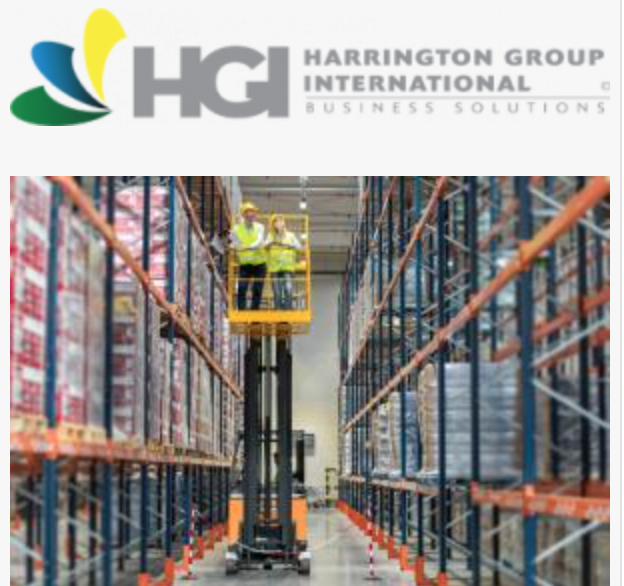No products in the cart.
25 Jan 2024
- BY admin
- POSTED IN Blog, Software
- WITH 0 COMMENTS
- PERMALINK
- STANDARD POST TYPE

Effective Supplier Relationship Management (SRM) is an integral part of modern business practices, focusing on cultivating and maintaining healthy relationships with suppliers. It is not just about managing contracts and transactions but also about building strong, mutually beneficial partnerships with vendors. SRM plays a crucial role in ensuring a steady and reliable supply chain, which is essential for the smooth operation and growth of a business.
The Pillars of Supplier Relationship Management
SRM revolves around several key aspects that collectively contribute to its success:
- Strategic Communication: Open and transparent communication is the bedrock of SRM. It involves regular interactions with suppliers, clear communication of expectations, and prompt resolution of issues.
- Performance Management: Monitoring and evaluating supplier performance against agreed-upon metrics and standards helps in identifying areas of improvement and ensuring suppliers meet their contractual obligations.
- Continuous Improvement and Collaboration: SRM is about working together with suppliers to identify opportunities for improvement, innovation, and value creation. This includes joint development initiatives, cost-saving projects, and process enhancements.
- Risk Management and Compliance: Ensuring suppliers adhere to compliance requirements and managing risks associated with the supply chain are also vital components of SRM.
The Role of Technology in SRM
Incorporating technology into SRM practices brings about significant improvements in managing supplier relationships. Advanced SRM systems, like Harrington Group’s Supplier Management Software, offer tools and features that enhance various aspects of SRM:
- Automated Supplier Evaluations: The software provides functionalities for automated tracking and evaluation of supplier performance, making the process more efficient and data-driven.
- Centralized Supplier Information: Having all supplier-related information in a centralized system improves accessibility and helps in better-managing supplier data.
- Collaborative Platforms: Technology facilitates better collaboration platforms, enabling more effective and efficient communication with suppliers.
- Risk Management Tools: Advanced software solutions come equipped with tools for risk assessment and compliance tracking, ensuring that suppliers adhere to necessary standards and regulations.
Benefits of a Robust SRM System
Implementing a robust SRM system like the one offered by Harrington Group leads to several benefits:
- Enhanced Supplier Performance: Through effective management and communication, suppliers are more likely to meet and exceed performance expectations.
- Cost Reduction and Efficiency: Strong supplier relationships can lead to cost savings, optimized processes, and overall efficiency in the supply chain.
- Increased Innovation: Collaborative relationships with suppliers often result in innovative solutions and improvements.
- Better Risk Management: Proactively managing risks associated with suppliers helps in maintaining a resilient supply chain.
For businesses looking to strengthen their supplier relationships and optimize their SRM processes, read more about Harrington Group’s Supplier Management System and how it can be instrumental in achieving these goals.
Conclusion
Effective Supplier Relationship Management is a strategic approach that goes beyond mere transactional interactions with suppliers. It is about fostering partnerships that bring mutual benefits and contribute to the business’s overall success. In the modern business landscape, where supply chains are becoming increasingly complex, having an effective SRM system in place is more crucial than ever. Technology plays a pivotal role in this regard, offering tools and solutions that enhance communication, performance management, and collaboration, thereby transforming the way businesses interact with their suppliers.

